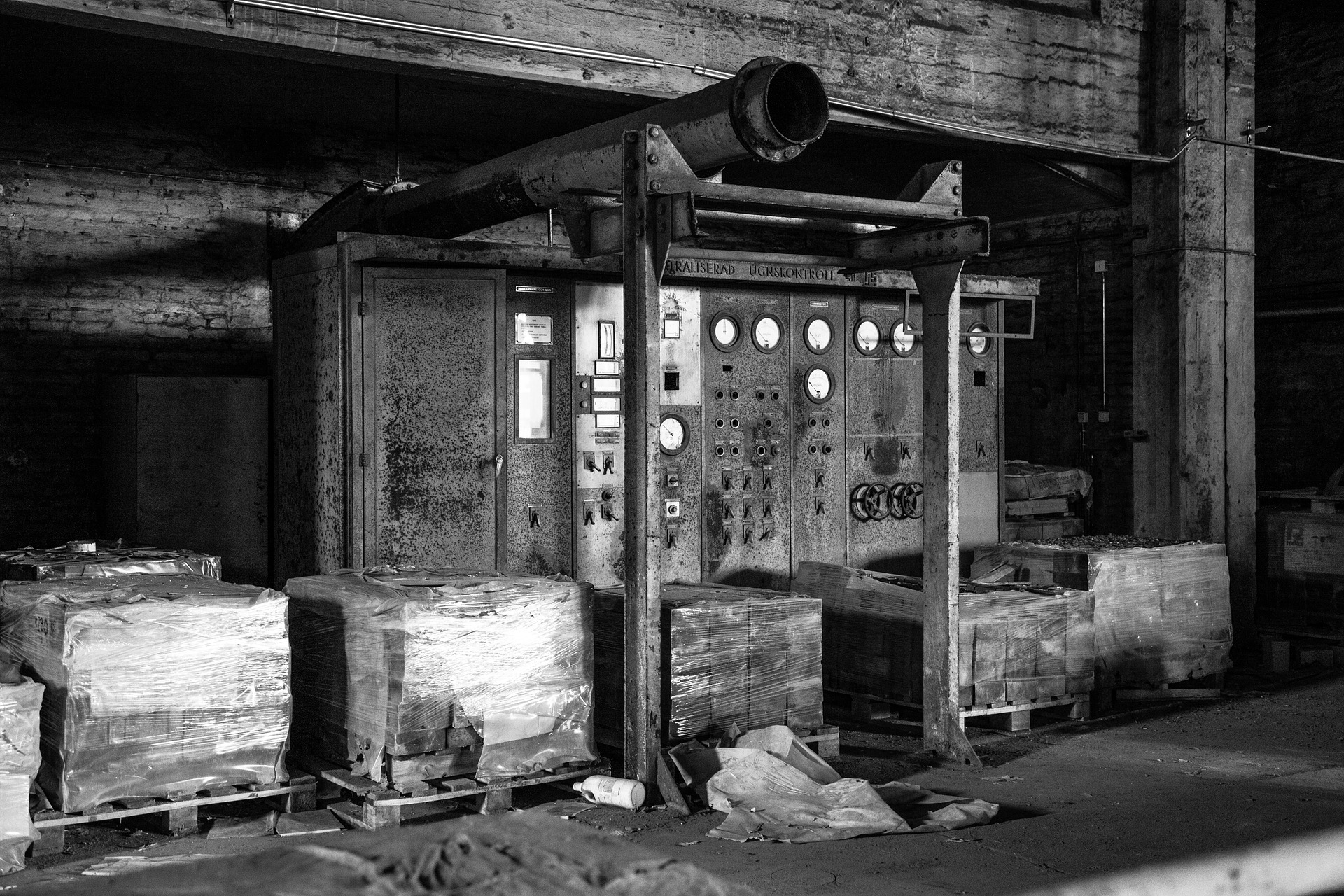In business practice, there are situations of bankruptcy of contractors. The creditors are then left with unpaid receivables. Some of them wonder whether to report them at all in the pending proceedings.
Meanwhile, this circumstance is of great practical importance.
At the outset, it is worth recalling that recognition of a bad debt, previously booked as income due, as tax costs, may occur either through its:
- “definitive” writing-up – Art. 16 sec. 1 point 25 of the CIT Act, or
- updating write-off – art. 16 sec. 1 point 26a of the CIT Act.
In the first case, the creditor must have, inter alia, one of the following documents (Article 16 sec. 2 of the CIT Act) – the court’s decision to:
- dismissal of the bankruptcy petition when the assets of the insolvent debtor are insufficient to cover the costs of the proceedings or only sufficient to cover these costs, or
- discontinuation of bankruptcy proceedings, if the circumstances mentioned above occur or
- completion of bankruptcy proceedings.
On the other hand, in the second case, it is required to make a (“definitive”) write-off (within the meaning of the accounting regulations) and the existence (inter alia) of the premises that a restructuring procedure has been opened or an application for approval of an arrangement has been submitted in the proceedings for approval of an arrangement referred to in the Act of May 15, 2015 – Restructuring Law, or a settlement procedure within the meaning of the provisions on financial restructuring of enterprises and banks has been initiated.
One of the differences between these situations is that an updating write-off is a “temporary” condition. The taxpayer will therefore be required to perform further accounting operations, depending on the development of cases in relation to the receivables.
According to Art. 12 sec. 1 point 4d of the CIT Act, revenues include the value of receivables redeemed, expired or written off as uncollectible in the part for which the write-downs made were previously classified as tax deductible costs.
In theory, therefore, it would be possible for the bankruptcy proceedings to end and the taxpayer not to be reimbursed.
Then the taxpayer:
- can make a “definitive” write-off of the claim;
- such an operation will generate tax income;
- at the same time, having a court decision ending bankruptcy proceedings, the taxpayer may account for the written-off receivable as a tax expense.
However, it is important to submit the claim. If the claim was not filed, the taxpayer would not be a party to further proceedings, and therefore would not receive a decision to terminate the proceedings. In such a situation, the tax authorities question other evidence (e.g. extracts from “MSiG”) as “proper documentation.”
Moreover, the tax authorities may argue that the failure to file a claim in bankruptcy proceedings makes it impossible to settle the cost at all.
The position as above was expressed e.g. in the tax ruling of November 29, 2017 (reference number 0114-KDIP2-3.4010.259.2017.2.JBB).
Failure to file a claim could therefore lead to a situation in which we can “temporarily” settle the tax expense in CIT (based on a write-off), but the future consequence may be the need to settle income in the future (write-off, redemption, limitation), but without the right to the cost tax.
Hence, it is always better to file the insolvency claim.



